Premium Only Content
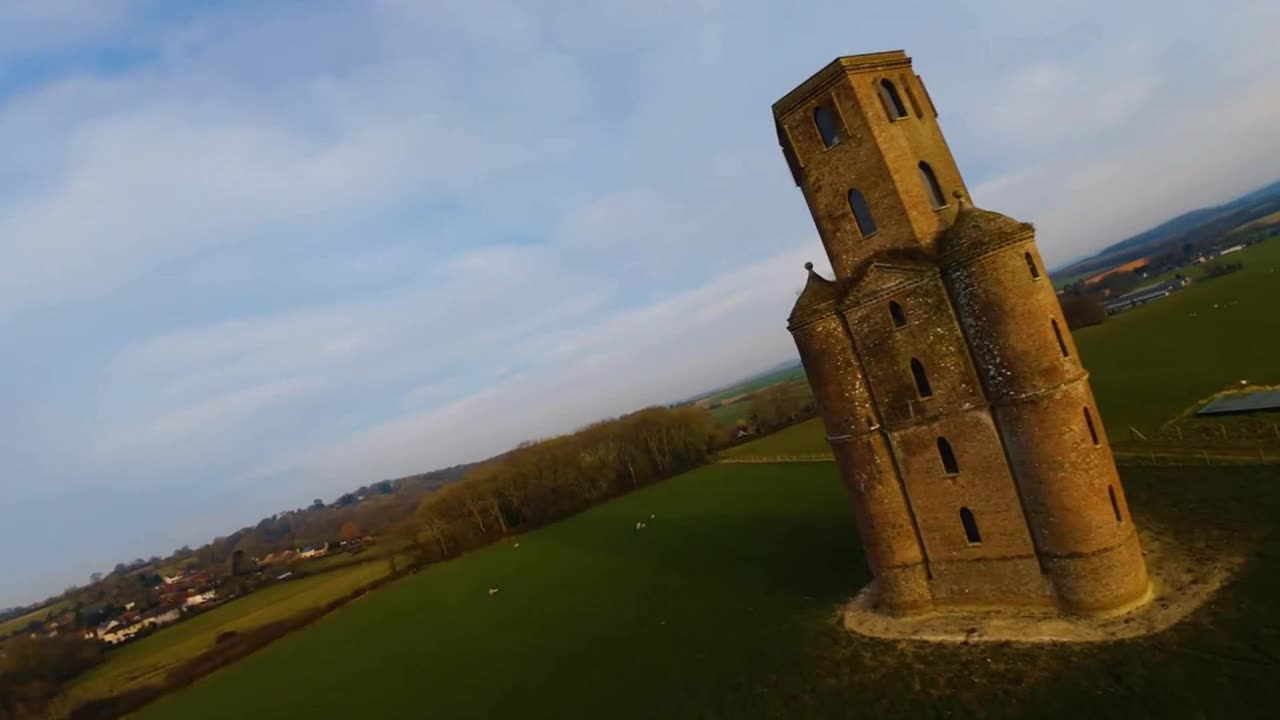
Tobacco Road Find Your Way Back Jefferson Airplane
Tobacco Road Album Jefferson Airplane Takes Off (1966)
Find Your Way Back Album Modern Times (1981)
by Jefferson Airplane/Starship
=
"Tobacco Road" is a blues song written and first recorded by John D. Loudermilk in December 1959 and released in 1960. This song became a hit for The Nashville Teens in 1964 and has since become a standard across several musical genres.
Originally framed as a folk song, "Tobacco Road" was a semi-autobiographical tale of growing up in Durham, North Carolina. Released on Columbia Records, it was not a hit for Loudermilk, achieving only minor chart success in Australia. Other artists, however, immediately began recording and performing the song.
Jefferson Airplane recorded a version of "Tobacco Road" on their first album, Jefferson Airplane Takes Off, in 1966. It was one of only two songs on their first album not written by a member of the band. Takes Off is the only album they recorded with their original lead singer Signe Anderson.
Jefferson Airplane Takes Off is the debut studio album by the American rock band Jefferson Airplane, released on 15 August 1966 by RCA Victor. This makes me 45 days older than this version of the song and album's release date. The personnel differs from the later "classic" lineup: Signe Toly Anderson was the female vocalist and Skip Spence played drums. Both soon left the group—Spence in May 1966, Anderson in October and were replaced by Spencer Dryden and Grace Slick, respectively.
By late 1965, Jefferson Airplane had caught the attention of "virtually every record label of significance". The band, as well as their associated nightclub, had already achieved relative popularity with the general San Francisco public; however, their profile was raised significantly when Ralph J. Gleason of the San Francisco Chronicle wrote favorably of them in his "On the Town" column, remarking, "I don't know who they will record for, but they will obviously record for someone." Original bassist Bob Harvey later recalled, "After Ralph Gleason did that column there was pandemonium. I never believed that a newspaper column could have that kind of effect until I actually saw it happen."
Under the guidance of manager Matthew Katz, the group turned down recording offers from Capitol, Valiant, Fantasy, Elektra, and London. They considered pursuing a deal with Columbia Records, who had already signed Bob Dylan and the Byrds, but they were rejected after sending in a demo recording; "Columbia didn't like us," reflected Paul Kantner, "because we weren't in their model. The Byrds were much more orderly ... We were a little anarchic musically."
Katz was first invited to check out RCA Victor by the recently signed Rod McKuen, who had written some songs he hoped to give to the band. McKuen introduced Katz to the label's A&R manager Neely Plumb, who sent Al Schmitt to San Francisco to hear the band.
-
 17:02
17:02
Psychological operations
17 days agoI'm Gonna Get You Sucka Big Fun You Dropped A Bomb On Me Gap Band
422 -
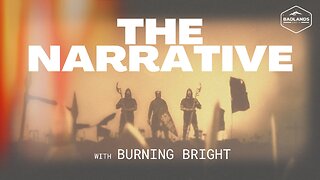 3:28:14
3:28:14
Badlands Media
23 hours agoThe Narrative Ep. 39: The Sovereign Mind
89.8K31 -
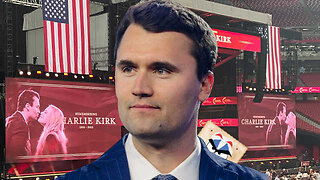 2:17:35
2:17:35
TheSaltyCracker
7 hours agoThe Charlie Kirk Effect ReeEEStream 9-21-25
106K284 -
 2:03:07
2:03:07
vivafrei
7 hours agoEp. 283: Charlie Kirk Memorial and other Stuff in the Law World
204K154 -
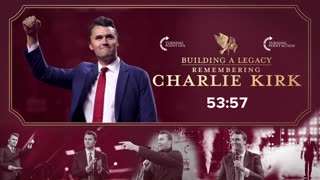 9:13:12
9:13:12
The Charlie Kirk Show
18 hours agoLIVE NOW: Building A Legacy, Remembering Charlie Kirk
2.15M906 -
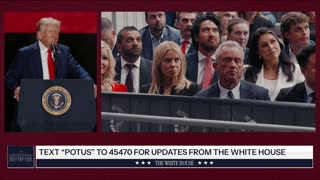 1:55:20
1:55:20
The White House
10 hours agoPresident Trump Participates in the Memorial Service for Charlie Kirk
94.3K90 -
 1:02:41
1:02:41
Sarah Westall
9 hours agoDomestic Terror Operation: Death Threats, Smear Campaigns, Gang Stalking w/ Journalist Sarah Fields
48.1K7 -
 1:51:40
1:51:40
Nerdrotic
9 hours ago $14.74 earnedGobekli Tepe Discovery and "Reconstruction" | Forbidden Frontier #118
77.7K9 -
 29:07
29:07
Tactical Advisor
9 hours agoATF Changes Ruling on SBR & Tacpack unboxing | Vault Room Live Stream 039
88.1K16 -
 2:00
2:00
From Zero → Viral with AI
15 hours ago $3.95 earnedAre You Being Left Behind? Why AI Marketing is No Longer Optional
47.1K5